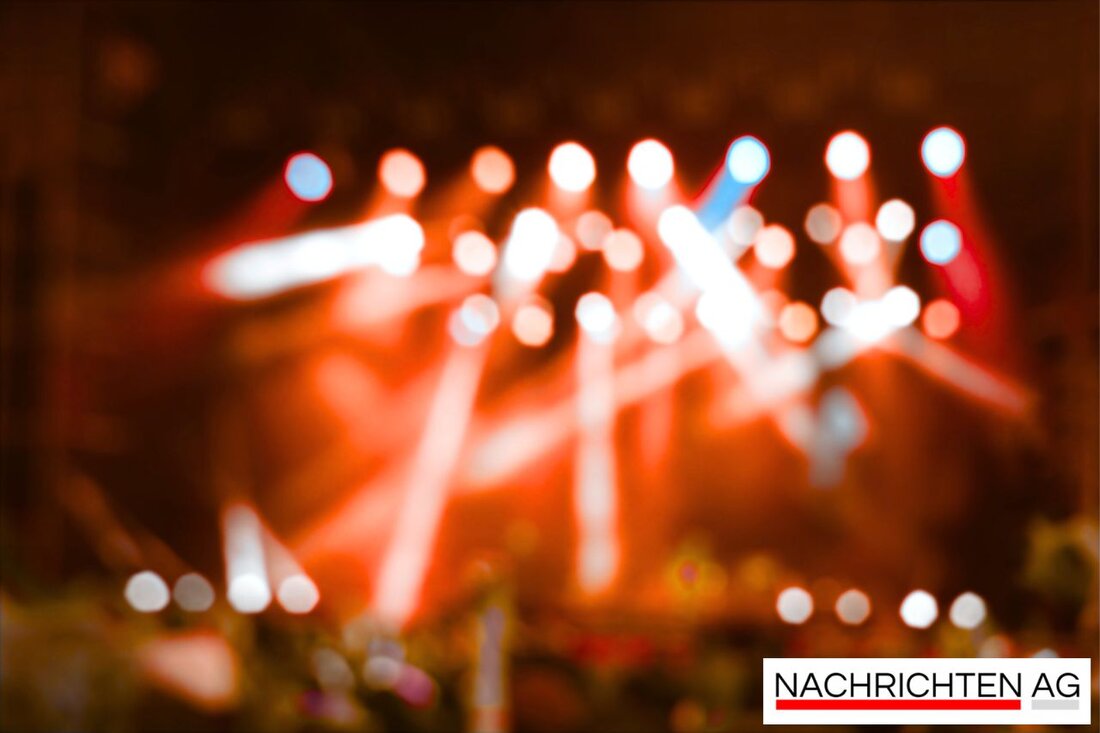Vienna celebrates Serbian unity: a celebration of culture and identity!
On September 13, 2025, Vienna celebrated the Day of Serbian Unity, Freedom and the National Flag with a cultural program and well-known guests.

Vienna celebrates Serbian unity: a celebration of culture and identity!
On September 13, 2025, the Day of Serbian Unity, Freedom and the National Flag was celebrated in Vienna. This event brought together numerous Serbs from the diaspora and took place in the Hallmann Dome. The stage lit up with the bright colors of the Serbian tricolor, while the flags of Serbia and the Republic of Srpska waved in the audience. Official representatives of the Republic of Serbia, the Republic of Srpska and part of the diplomatic corps were also present and welcomed the guests.
The festival program began promptly at 3 p.m. and included both cultural and artistic performances. A concert by the artist Peđa Jovanović, which captivated the audience, was particularly inspiring. The aim of the celebration was to strengthen the connection between the Serbian homeland and the diaspora, preserve national identity and promote Serbian culture abroad. The event was organized by the Government of the Republic of Serbia in cooperation with the Embassy of Serbia in Austria, supported by institutions of the Republic of Srpska and Serbian associations in Vienna.
Serbian identity in focus
Serbian national identity has its roots in the 19th century and is characterized by a long history, traditions and cultural unity. According to the Wikipedia article, Serbs are the dominant ethnic group in Serbia as well as the Republic of Srpska. Serbian identity was significantly shaped by historical events such as the Battle of Amselfeld and the experiences during Ottoman rule. The Kosovo myth plays a central role and symbolizes the defense of honor and faith.
The Serbian language, a national good, belongs to the South Slavic language family and contributes to identity formation. It is not only a means of communication but also part of the cultural tradition with a rich literary history. Serbian authors like Ivo Andrić have had a lasting impact on Serbian literature. In addition, traditions such as the Orthodox Christmas and the celebration of “Slava” are firmly rooted in the culture and strengthen the sense of community.
The last few decades have been marked by political and social upheavals in Serbia. The experiences of the Yugoslav wars in the 1990s had a profound impact on Serbian identity and changed relations with neighboring countries. Today, Serbia faces economic challenges but also a desire for EU membership - all while remaining committed to preserving its national identity and living actively.
Overall, Serbian identity has not only historical but also social aspects that are linked to the challenges of today, such as migration and demographic changes. Youth play a crucial role in the future of Serbian identity as they need access to education and political participation to pass on traditions and values.
The celebrations in Vienna impressively show how important it is to preserve cultural identity and promote shared exchange. In this way, the heritage of the Serbian nation will continue to be upheld and passed on in the future.
More information about Serbian identity can be found on the Dunav, Wikipedia and Tiqqler pages: Dunav, Wikipedia, Tiqqler.

 Suche
Suche
 Mein Konto
Mein Konto